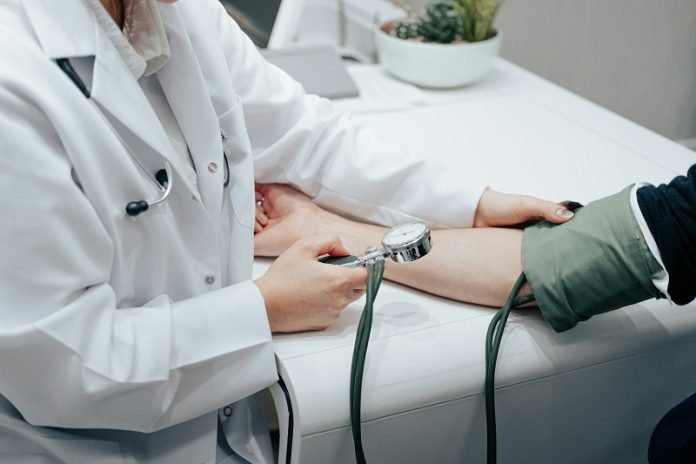
In recent research presented at the American College of Cardiology’s Annual Scientific Session, a new study has found that daily messages designed to boost spirituality can significantly lower blood pressure in people with hypertension, commonly known as high blood pressure.
This condition affects almost half of all adults in the U.S., and despite the availability of medications and lifestyle changes that can manage it, it remains poorly controlled in about 75% of those affected.
The study, led by Maria Emília Teixeira, MD, from the Medical School of the Federal University of Goiás in Brazil, investigated whether spirituality—defined as the moral and personal values that guide our lives and relationships—could help manage blood pressure and enhance heart health.
This approach to health care is grounded in previous studies that have linked spirituality-based interventions like meditation and positive social interactions with cardiovascular benefits.
However, most of those studies were observational, making it difficult to definitively say they improve health outcomes.
Dr. Teixeira and her team embarked on this investigation by enrolling 100 patients with hypertension at a medical center in Brazil.
These participants were randomly divided into two groups: one received a daily spiritual intervention via smartphone messages, and the other did not receive any intervention.
The intervention consisted of short messages and videos sent through WhatsApp. These messages encouraged participants to reflect on themes such as optimism, gratitude, and forgiveness, emphasizing personal growth rather than religious belief.
The researchers tracked which participants opened the messages and followed the activities suggested, like writing a message of gratitude, though they didn’t measure how engaged participants were with the content.
The health of the participants was rigorously monitored over the 12-week study period. At the beginning and end of the study, all participants underwent a comprehensive health evaluation that assessed lifestyle habits, medication use, blood pressure, and flow-mediated dilation—a technique that measures the health of blood vessels.
The findings were noteworthy. Participants who engaged with the spirituality messages saw their systolic blood pressure drop by an average of 7 mmHg.
They also showed significant improvements in flow-mediated dilation, improving by 4.5%, which indicates better blood vessel health. In contrast, those in the control group, who did not receive the messages, experienced a decline in their blood vessel health by 3%.
Dr. Teixeira highlighted the significance of these results, stating that the reduction in blood pressure could potentially increase lifespan and reduce the risk of heart attacks, kidney disease, strokes, and other serious health issues later in life.
This drop in blood pressure is notable, as it surpasses reductions seen with other non-drug interventions and may even be more effective than some medications.
The simplicity and low cost of the intervention suggest that it could be easily implemented on a wider scale, although it does require participants to have access to a smartphone or similar device, which could limit its use in less connected populations.
The researchers are optimistic about the potential to expand this approach to include other positive psychological factors, such as compassion and life satisfaction.
Despite the promising results, the researchers acknowledged that the study’s small size could be a limitation and that larger studies would be necessary to confirm these findings.
However, the initial results are encouraging and suggest that integrating spirituality into daily health care routines via technology could be a beneficial tool in managing hypertension and improving overall cardiovascular health.
If you care about high blood pressure, please read studies that early time-restricted eating could help improve blood pressure, and natural coconut sugar could help reduce blood pressure and artery stiffness.
For more information about blood pressure, please see recent studies about added sugar in your diet linked to higher blood pressure, and results showing vitamin D could improve blood pressure in people with diabetes.
Copyright © 2024 Knowridge Science Report. All rights reserved.



